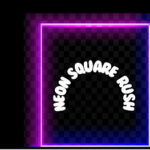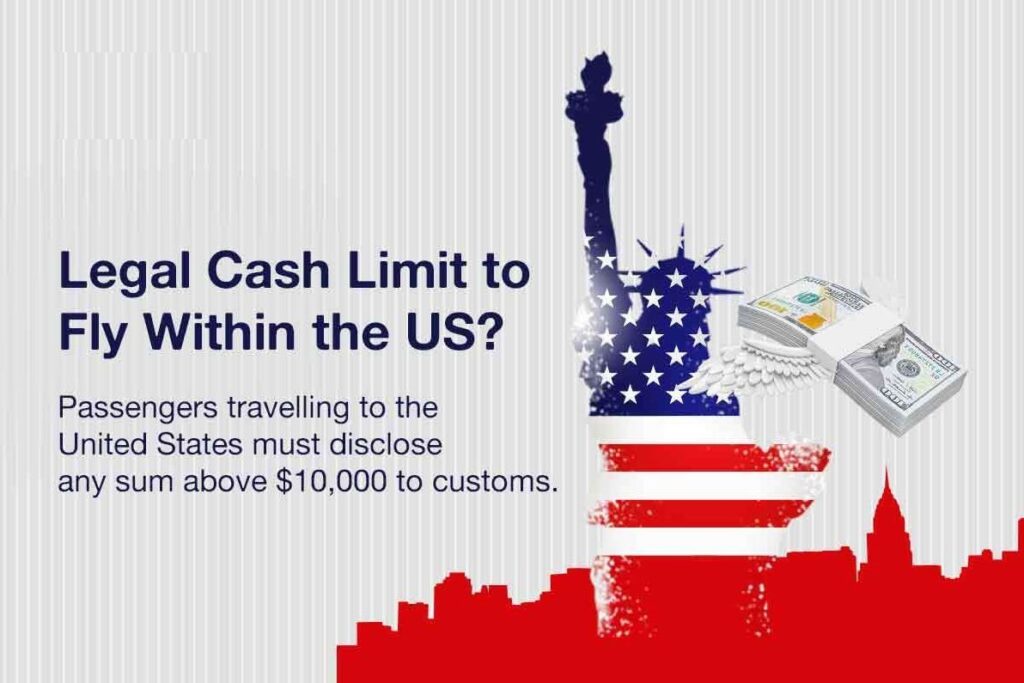How Much Money Can You Bring Into and Out of the U.S.?
When traveling internationally, understanding U.S. currency regulations is not just important—it’s essential. Whether you are a U.S. citizen returning home or a foreign visitor arriving, carrying large sums of money requires compliance with specific rules and procedures. In this comprehensive guide, we explain how much money you can bring into and out of the U.S., what you must declare, how to properly report it, and the serious penalties for non-compliance.
Is There a Limit on How Much Money You Can Travel With?
There is no legal limit on the amount of money or monetary instruments you can carry into or out of the United States. You are permitted to travel with any amount of currency, whether in cash, travelers’ checks, or financial instruments. However, if the total combined value of what you’re carrying exceeds $10,000, you must report it to U.S. Customs and Border Protection (CBP).
This is not just a guideline—it’s a legal requirement. Failure to comply can result in the seizure of your funds, severe financial penalties, and even criminal prosecution.
What Types of Currency and Instruments Must Be Reported?
The law applies not only to U.S. dollars but also to various forms of foreign and domestic financial instruments, including:
- Paper currency and coins (U.S. and foreign)
- Traveler’s checks
- Cashier’s checks
- Promissory notes
- Money orders
- Bearer bonds or similar negotiable instruments
It’s critical to understand that the requirement applies to the aggregate amount of currency and monetary equivalents. For example, carrying $6,000 in cash and $5,000 in money orders requires reporting, as the total exceeds the $10,000 threshold.
How to Properly Declare Currency Over $10,000
To comply with U.S. law, you must declare the funds before you cross the border, whether entering or leaving the United States. There are several ways to do this:
1. Submit FinCEN Form 105
The Currency and Monetary Instruments Report (CMIR), known as FinCEN Form 105, is the official form used to declare amounts over $10,000. You can:
- Complete the form online via the U.S. Department of the Treasury’s website.
- Download, print, and fill out the form before traveling, and present it at the port of entry.
- Request a paper copy at the border and complete it on-site with a CBP officer.
2. Fill Out CBP Declaration Form 6059B
In addition to the FinCEN 105, travelers entering the U.S. are also required to disclose monetary instruments on CBP Form 6059B, which is typically handed out on flights or at customs checkpoints.
For families or groups traveling together, only one declaration is required, but the total amount carried by the group must be declared accurately.
When and Where Must You Declare the Funds?
The declaration must be made at the time of your arrival or departure at the first U.S. port of entry or exit. If you’re traveling by air, this usually means at the airport where you first land or take off. Travelers who fail to report their funds before reaching this point are already in violation of U.S. currency laws.
CBP officers may ask specific questions and inspect the cash or instruments you are carrying. You must be prepared to truthfully answer all questions and provide documentation to support your declaration if requested.
What Are the Penalties for Not Declaring More Than $10,000?
Failure to declare amounts over $10,000—or providing false or incomplete information—can lead to serious consequences. U.S. Customs and Border Protection treats undeclared or improperly declared currency as a violation of federal law, and penalties include:
- Immediate confiscation of all the currency or monetary instruments
- Civil penalties that may equal or exceed the amount of money carried
- Criminal fines of up to $500,000
- Imprisonment for up to 10 years
In many cases, even if you have no criminal intent, ignorance of the law is not a valid excuse, and CBP has the authority to seize your funds on the spot.
Examples of When You Must Declare Money
To clarify compliance, here are some examples where declaration is mandatory:
- You are traveling to Mexico with $12,500 in cash – You must declare this upon departure.
- You and your spouse are flying into the U.S. with $7,000 each – If the money is pooled or carried together, you must file a single declaration for $14,000.
- You are hand-carrying $8,000 in cash and $3,000 in travelers’ checks – This exceeds $10,000 and must be reported.
- You receive funds from someone else to carry abroad – You must declare the total as if it were your own.
Does This Apply to Domestic Travel Within the U.S.?
No. These reporting requirements apply only to international travel. If you are traveling within the U.S., you are not required to declare currency, no matter how much you carry. However, keep in mind that state laws, local regulations, or law enforcement actions (such as civil asset forfeiture) can still present legal risks for carrying large sums of cash domestically.
Important Tips for Travelers Carrying Large Sums
- Stay transparent with customs officials. Honesty prevents legal trouble.
- Carry supporting documentation, such as withdrawal slips or proof of ownership, especially for large sums.
- Avoid splitting funds among family members to evade reporting rules. CBP considers this “structuring,” which is illegal.
- Know both departure and arrival country laws, especially when traveling internationally. Some countries have stricter limits or bans on carrying cash.
- File your declaration early, preferably online, to reduce delays at customs.
Why the U.S. Requires Currency Reporting
The primary reason behind this regulation is to prevent money laundering, drug trafficking, terrorism financing, and other illegal activities. Large, unreported transfers of money across borders are considered red flags in global financial monitoring systems. Declaring your funds ensures transparency, accountability, and compliance with both U.S. Treasury regulations and international standards.
Final Thoughts: Travel Smart and Stay Compliant
If you plan to carry more than $10,000 into or out of the United States, the key to a smooth travel experience is full compliance with U.S. customs regulations. Always declare your funds, fill out the correct forms, and cooperate with CBP officers. The consequences of failure are far too severe to take lightly.
Travel freely, but travel wisely. Declaration is not a restriction—it’s protection.
Keywords: how much money can you bring into the U.S., currency declaration at U.S. border, FinCEN Form 105, CBP Form 6059B, international money reporting, U.S. customs cash limit, penalties for not declaring money






















